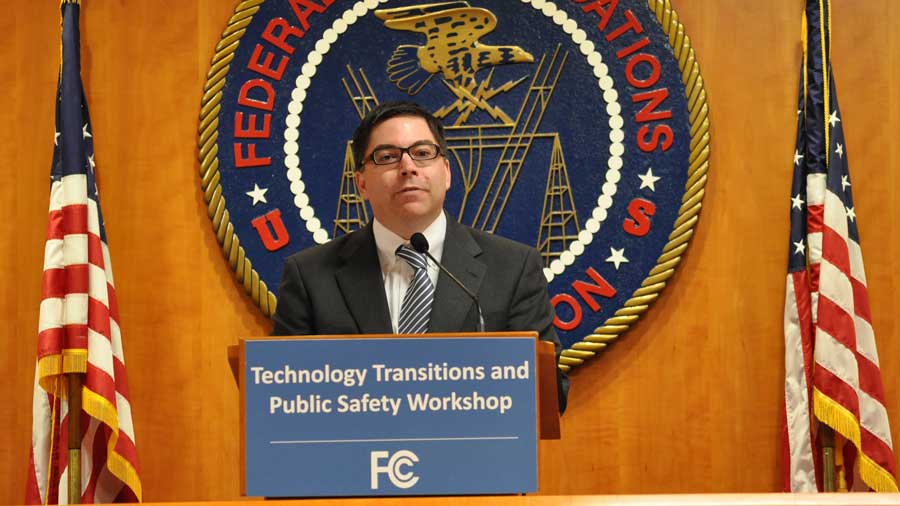FCC's O'Rielly: Next Gen TV Future Is Now

The smarter way to stay on top of broadcasting and cable industry. Sign up below
You are now subscribed
Your newsletter sign-up was successful
FCC Commissioner Michael O'Rielly warned broadcasters this week that if they snooze on ATSC 3.0 they could lose out to their online competitors. ATSC 3.0 is the advanced TV transmission standard the FCC is letting broadcasters roll out on a voluntary basis.
In a speech to the Next-Gen TV Summit in Columbus, Ohio, June 27, O'Rielly pulled no punches.
He said he feared the rollout was going to take time broadcasters might not have, and certainly not if they didn't aggressively pursue the new standard, which allows for interactivity and targeted advertising.
Related: FCC Tees Up Kids TV Dereg Options
"The high-tech companies, who broadcasters compete with daily for advertising and consumer attention, are not going to stop and wait for ATSC 3.0 to be fully deployed. They are going to continue to eat market share and advertising share."
He said time is not a luxury broadcasters can afford. "If you are a broadcaster sitting on the fence on whether to implement ATSC 3.0," he said, "you should be worried that the fence may no longer exist if you take too long to decide."
O'Rielly said the success of the ATSC 3.0 rollout is dependent on two things: 1) the willingness of broadcasters to "make a bet on the future of television" and all its new capabilities—the standard is not backwards compatible so it will require a new set or convertor box for over-the-air reception; and 2) a willingness of consumers to adapt and adopt. He said both are achievable, but both will take a lot of work.
The smarter way to stay on top of broadcasting and cable industry. Sign up below
Contributing editor John Eggerton has been an editor and/or writer on media regulation, legislation and policy for over four decades, including covering the FCC, FTC, Congress, the major media trade associations, and the federal courts. In addition to Multichannel News and Broadcasting + Cable, his work has appeared in Radio World, TV Technology, TV Fax, This Week in Consumer Electronics, Variety and the Encyclopedia Britannica.

